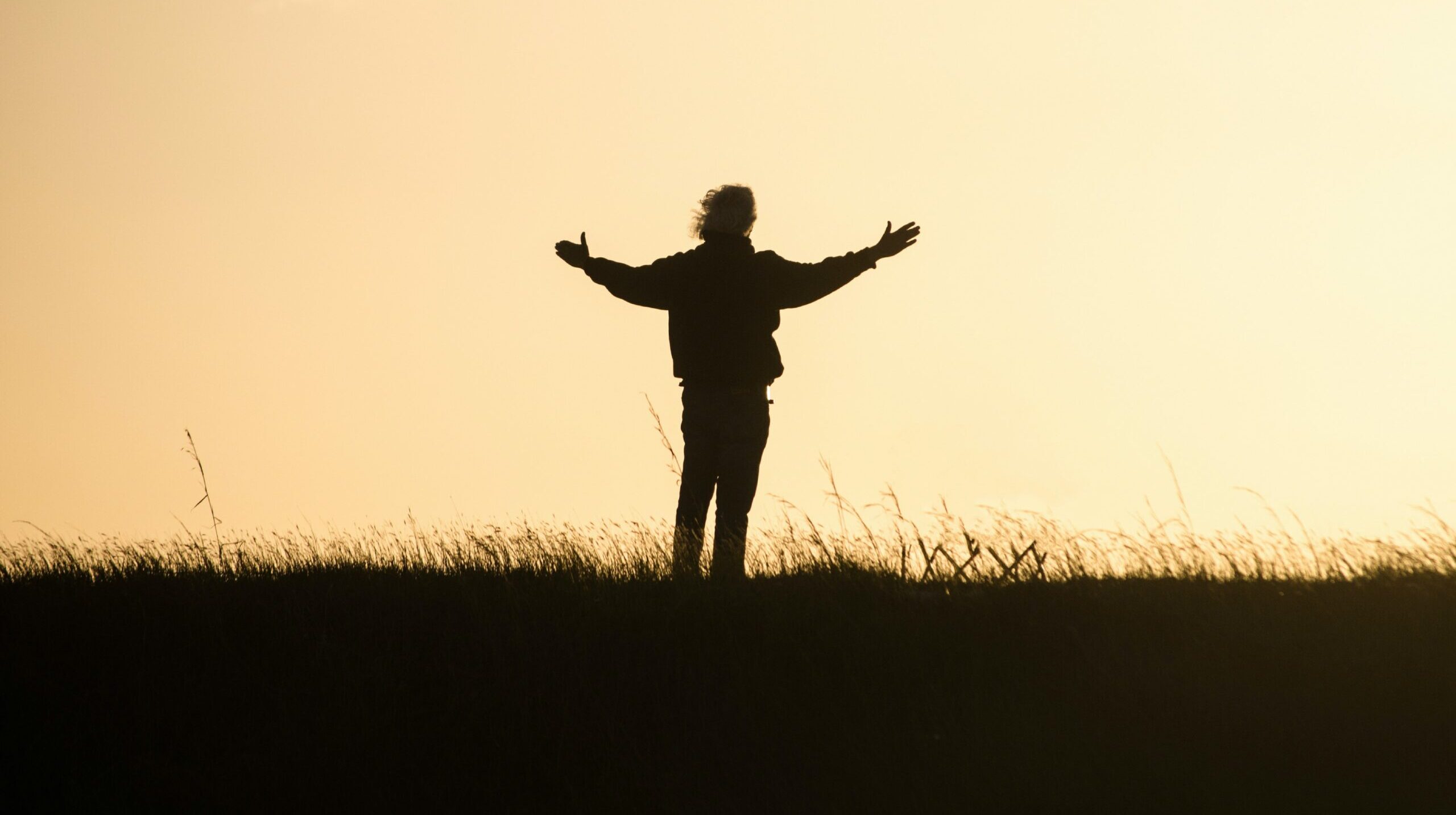Do you ever feel like you’re constantly stressed out? Is there too much on your plate and you can never catch a break? If so, you’re not alone. Stress is a common problem in today’s world. You’ve probably come here wondering does gratitude reduce stress. Well, there’s good news! One of the most effective ways to reduce stress is gratitude.
Gratitude is accessible anytime as long as you are willing, you can practice gratitude anywhere. The more you practice gratitude as a skill, the more you will feel and appreciate positive emotions and experiences. Gratitude is an important life skill everyone should learn, and this post will explain why.
What is gratitude?
Gratitude is a feeling of thankfulness and appreciation. It is a way of acknowledging the good things in your life, both big and small. Gratitude can be expressed in many ways, such as through words, actions, or even just thoughts.
Here are some examples of gratitude:
- Saying “thank you” to someone who has done something nice for you.
- Writing a thank-you note to someone who has been important in your life.
- Doing something kind for someone else, without expecting anything in return.
- Taking a moment each day to reflect on the good things in your life.
Gratitude is a positive character trait and can be developed by practicing gratitude as a daily practice over a long time.

How does gratitude reduce stress?
Gratitude is a powerful emotion that helps ground us and is an effective way to reduce the stress that our minds can create in times of uncertainty.
Our brain releases dopamine and serotonin (the happy hormones) when we feel gratitude. The release of cortisol (stress hormone) is also reduced, this combination is key for our mental health and heart health.
One of the world’s leading scientific experts on gratitude, Dr Robert Emmons has found that those who consistently feel gratitude are happier, healthier, and experience deeper connections with others.
The emotions we choose to put into our minds are vital to the state of our well-being. This should be common sense but regularly you see people who are full of worry, hate, jealousy, and anger and they wonder why they feel stressed and miserable.
By practicing gratitude properly, we are eradicating negative emotions from our minds due to incompatible feelings. Dr. Robert Emmons research found when we focus on feeling gratitude, we prioritise positive emotions over negative ones. This was highlighted by the low levels of resentment found in those who have high levels of gratitude.
Practicing gratitude is similar to exercising the mind to feel positive thoughts. This skill can also be key in helping people overcome challenging times and difficult tasks.
Benefits of practicing gratitude
Feeling gratitude can bring some incredible benefits, including:
- Stronger immune system
- Less risk of diabetes, heart disease, and certain cancers
- Improved sleep quality
- Improved levels of inflammation throughout the body
- Heightened mood and lower chance of depression and anxiety
- Greater confidence and self-worth
- Increased humility and ability to forgive others
How to feel gratitude
Gratitude can be felt in two stages. The first stage involves acknowledging the various things in our life that make it good. We believe that considering everything as a whole, life is good. Identifying the presence of something specific and recognising the effort behind it from others, gives us gratitude.
The second stage involves recognising and being thankful for the source of the things we appreciate outside of ourselves, whether this is being grateful to a God, the universe, other people, or animals.
Best ways to practice gratitude
Here are some of the best ways to practice gratitude. Ideally, we should practice this daily to maximise our quality of life.
- Say what you are grateful for: Speak out loud what you are grateful for, being vocal can have a greater impact than the thought This can be practiced anytime for example during your morning routine whilst getting ready, if you want keep a record you can always make voice notes on your phone. You could practice this with your partner or family over meals.
- Gratitude meditation: This can be one of the hardest but most effective approaches for practicing gratitude. The idea of the practice is to express gratitude for the blessings in your life whilst not paying attention to other thoughts that may fill your mind. This can be difficult for those with a busy mind but will get better with practice. Aim to spend 5 minutes a day consciously filling your mind with grateful thoughts.
- Sharing gratitude with others: Sharing gratitude with those around you, whether they are family, close friends, or complete strangers can amplify the feeling of gratitude you and others experience. This can be practiced by aiming to once a day tell someone you’re grateful for them, even if it’s giving someone a meaningful thank you for receiving a simple gesture.
- Write down what you are grateful for: Physically write down what you are grateful for, this could be done throughout the day as positive things happen or when positive thoughts enter your mind. Whether it’s on your phone or on a piece of paper, writing it down can attach positive emotions to the words you see. I’d recommend writing down at least 5 things you are grateful for each morning, no matter how big or small these things are.
Key Takeaways
By being in a state of gratitude, our perspective can immediately shift. This is how some people who have everything can feel like they have nothing, and how those with nothing can be perfectly happy.
We should all be grateful for something in our life, it could be as simple as being able-bodied or having good health, we can even be grateful for bad things that may have happened to us as it taught us valuable lessons and we grew as a result.
Gratitude is a feeling that can be shared with others and can have a ripple effect on the world we live in, practicing gratitude is something that will have a compound effect on ourselves and will influence us to make better decisions and live happier, more successful, and less stressful lives.
It can be hard to remember to be grateful sometimes, especially when you are someone who is always working or looking for the next thing. Paradoxically, being grateful will actually allow us to work more efficiently and effectively, and gently push us in the direction of the thing we should be looking for.
Remember, practicing gratitude will accelerate us towards the life we are looking for and you will be better off making time for it.
Do you have any experience on how gratitude has impacted your life or stresses? Let me know below!



Leave a Reply